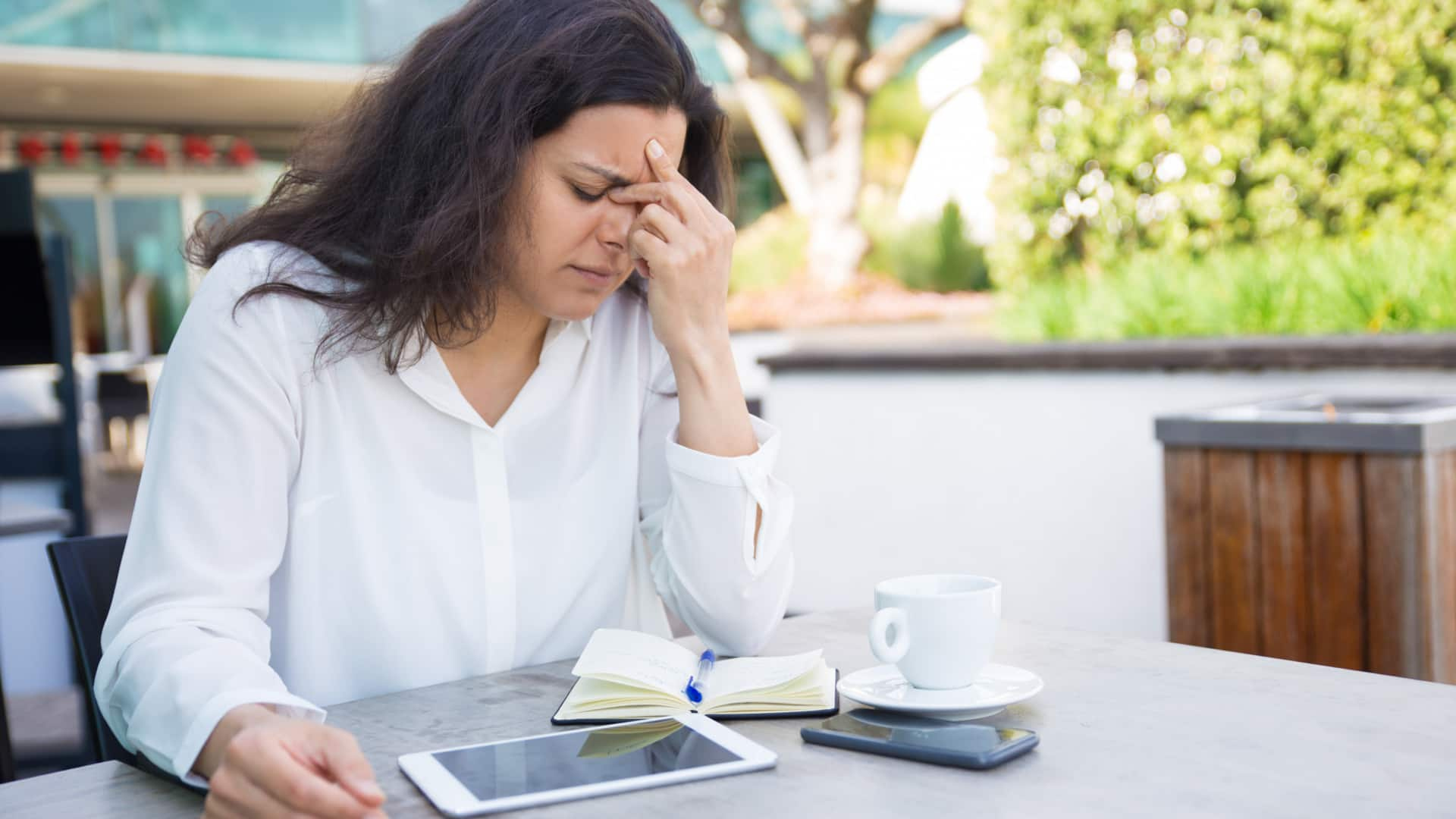
Caffeine sensitivity: Let's understand this common health issue
What's the story
Caffeine offers a kick of energy to most people but to some, this stimulant makes them sick. Called caffeine sensitivity, it's when your body's responses to caffeine are amplified and cause an abnormal immune response, leading to a whole lot of symptoms and sensations that may last for hours to days. From its meaning and causes to symptoms and management, here's everything about it.
Meaning
Meaning: Caffeine sensitivity is different from caffeine allergy and intolerance
Caffeine sensitivity is different from caffeine intolerance and caffeine allergy. While caffeine sensitivity is a type of food sensitivity that causes abnormal immune imbalances affecting various organs, caffeine intolerance is when you lack the digestive enzymes to break down caffeine, causing bloating or cramps. Caffeine allergy, on the other hand, is diagnosed with allergy tests and causes severe symptoms that are rarely life-threatening.
Causes
Causes: Genetics, medications, and overconsumption of caffeine top the list
People can be caffeine sensitive owing to a spread of reasons. Of all the potential causes, health experts believe that genetics (brain chemistry) and medication (herbal supplements) are the most common ones. Additionally, people who consume a significantly high amount of caffeine doses (usually coffee and chocolates) are more prone to develop this sensitivity. Other causes may include the liver's metabolism function.
Symptoms
Symptoms: You may experience sleeplessness, heart palpitations, headache, and anxiety
During an episode of caffeine sensitivity, you may feel an intense adrenaline rush. Symptoms may include sleeplessness or insomnia, jitters, headache, heart palpitations (racing heart), nervousness or anxiety, and restlessness. These may last for several hours or days, depending on the situation. More severe cases may lead to itchiness or rashes, hives, swelling of the tongue or throat, and breathing difficulty.
Treatment
Management: Rest, drink water, and exercise as much as possible
If you are dealing with a soft or mild case of caffeine sensitivity, you can do a few things at home instead of rushing to the doctor directly. Rest and consume water as much as possible, and add exercise to your daily routine to manage your symptoms. Replace all caffeinated food and beverages with non-caffeinated options. In case it is severe, consult a doctor.